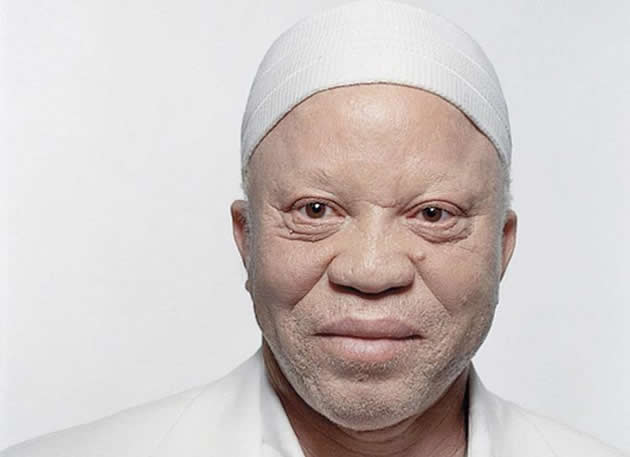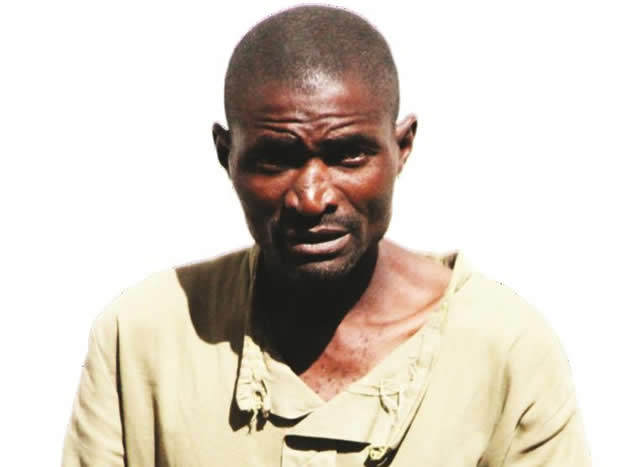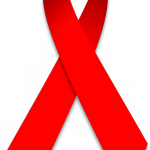Albinism: a genetically inherited condition not a curse

Vaidah Mashangwa
Albinism is a genetically inherited condition which is rare as it affects at least 1 person in every 17,000 people. However, it is quite common in sub-Saharan Africa. Both parents who may or may not be albinos must carry the gene if it is to be passed to the child. It is common in both male and female and does not occur due to race or ethnic groupings.
People in the African Great Lakes believe that certain body parts of albinistic people can transmit magical powers to the extent that some witch doctors and others use the body parts for rituals, concoction and potions with the belief that their magic will bring prosperity to the user.
Another harmful and false belief is that sex with an albinistic woman will cure a man of HIV/Aids and as such some women have been raped for such reasons. It is not something that comes as a surprise as some witch doctors have also claimed that HIV/Aids can be cured if an infected person sleeps with a virgin. This is one reason why cases of child sexual abuse are on the increase.
Tanzania is thought to have the largest population of albinos in Africa and rituals have taken place there and in Burundi where men, women and children with albinism have been murdered, mutilated and the body parts sold around $75,000 for a set of arms, legs, ears and genitals.
While this causes trauma and stress for people with albinism, this is further compounded by the stigma and discrimination of people with albinism. As if this is not enough, men usually suspect infidelity once a wife gives birth to an albino and some women are deserted as the child is seen as a bad omen. At times the women are chased away from home.
There are of course some women who also dump such children and leave them in the care of grandparents. The albinos therefore suffer from low self-esteem as they try also to cope with various skin infections and bad eyesight. Most of them cannot afford to buy the right medicines or take preventative measures to protect their skin.
According to the Sadc Gender Protocol Barometer 2013, such skin infections along with stigma make it difficult for them to attend school and participate in social activities. Actually there are very low educational levels among people with albinism and as a result most of them do not own any resources to start viable businesses.
There are no special schools for people with albinism as 100 percent of them suffer from some form of visual impairment and there is no government funding to support children with such limited sight.
Furthermore, the discrimination negatively affects their participation in the job market. The albinos need sun screen protective ware such as umbrellas and sun hats. This discrimination is largely felt among the females as their sexual partners do not support them or marry them due to their condition. As a result most of them are single mothers who are unable to take care of their children.
These issues clearly demonstrate the need to educate masses the world over about stigma and discrimination against people with albinism and how to prevent skin cancers to mothers and relatives of children born with albinism. In Tanzanian Parliament, Al-Shymaakway-Cleer became the first albino female member of parliament in order to demystify albinism.
In Zimbabwe, the Wailing Women Trust was founded by Pastor Rachel Mushonga in 2008 to assist and empower albino women who live in Kuwadzana Extension in Harare.
Due to the multifaceted problems they face, albinos have shorter life expectancy. It is important to remember that there is no cure for albinism as it is not a sickness or disease. Infanticide of children with albinism is apparently common but unacknowledged. All these are violations of human rights of persons with albinism. Some mothers too go to the extent of hiding themselves and the baby born with albinism from the public and remain secluded for a greater part of their lives.
What is not known is that both parents can be carriers of the gene therefore the blame cannot be heaped on the woman alone. It is unfortunate that most children with albinism come from poor families and most of them live with grandparents and single parents who usually have no meaningful income to look after such children. This compromises their health to a large extent.
While scores of albino children are forced to attend special schools on the assumption that they are visually challenged they should not be sent there in the first place because their eyesight can be corrected. In fact, children with albinism should see an eye specialist as early as 6 years and get glasses. Most parents send these children to an optician where they just get ordinary glasses.
There are quite a number of albinos who have made it in life such as singer Salif Keita from Mandinka culture, actor-comedian Victor Varnado and other musicians such as Jonny and Edgar Winter, Winston Yellowman Foster, Brother Ali just to mention but a few, hence given the chance people with albinism are capable of doing anything just like anyone else.
There is a need therefore for conceited efforts by government to formulate policies that address the needs and rights of persons with albinism, to integrate people with albinism in institutions of learning, provide healthcare, to prevent cancers and access to employment. There is also a need to account for the numbers of the people with albinism and carry out research on their needs. Apart from that, there might be need to find indoor occupations for albinos so that they are not affected by the sun.
- Vaidah Mashangwa is the Provincial Development Officer, Bulawayo, in the Ministry of Women Affairs Gender and Community Development. She can be contacted on 0772111592 or email- [email protected]












Comments